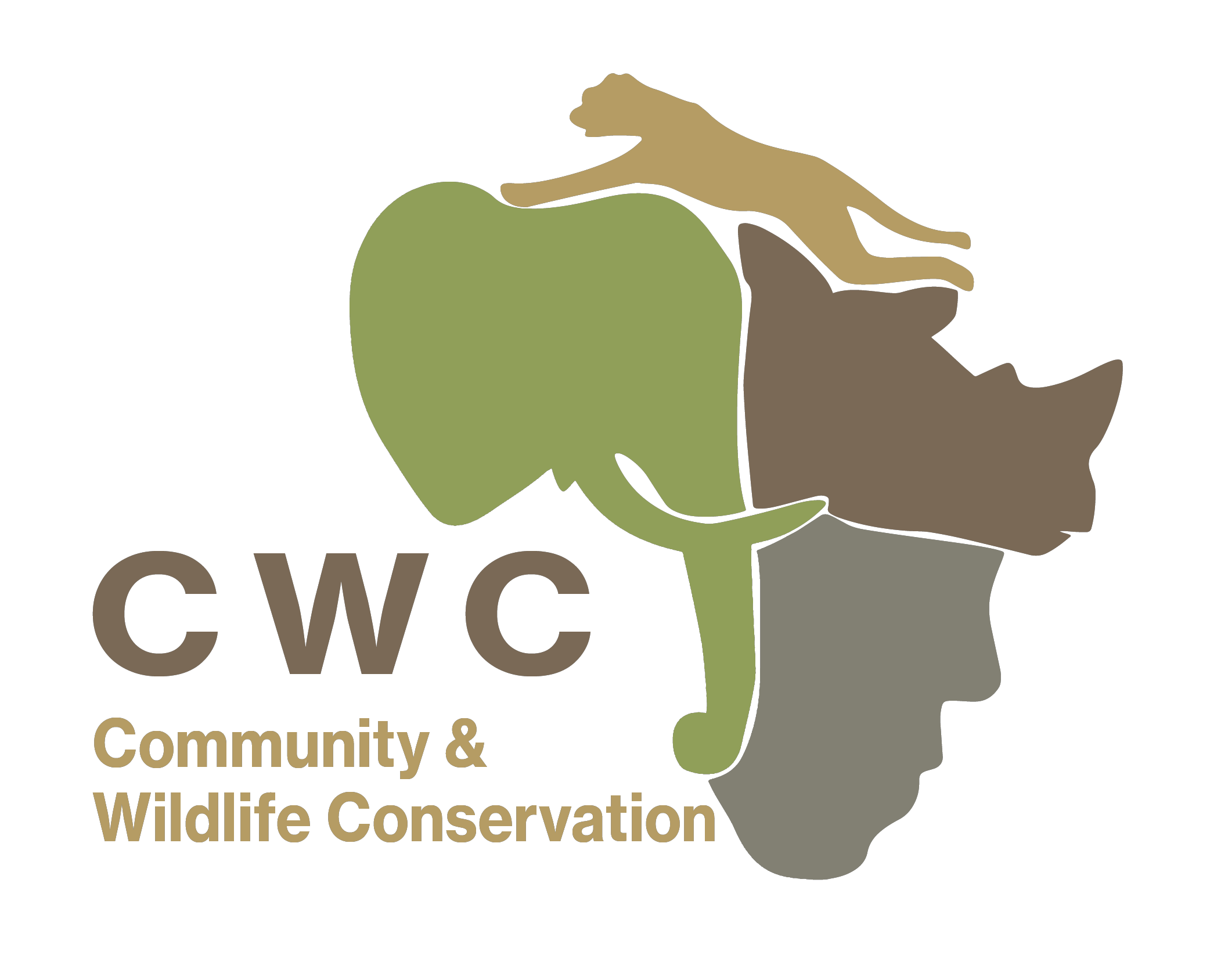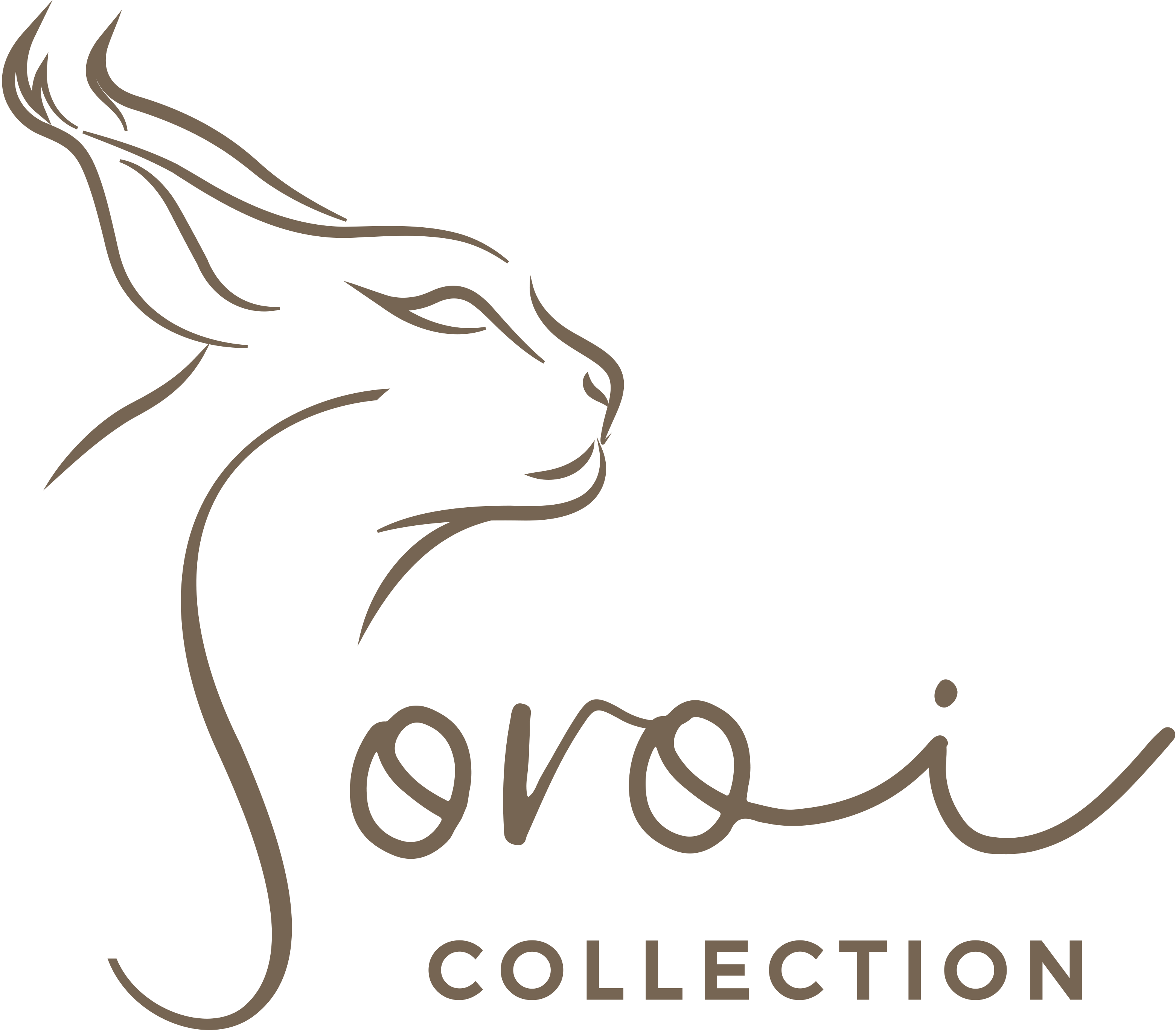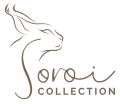ABOUT MAASAI MARA
Everything you need
to know
Maasai Mara
Your Essential Guide
to Visiting
Maasai Mara
Planning a visit to Maasai Mara? We’ve compiled everything you need to know to make your stay as enjoyable and seamless as possible. From our luxurious suites and tantalizing dining options to our unique activities and responsible practices, this comprehensive guide covers all aspects of your journey with us. Whether it’s your first time with us or a delightful return, we’re here to ensure that every moment at Soroi Mara Bush Camp, Soroi Private Wing or Soroi Luxury Migration Camp becomes a cherished memory.
About Your Stay
Everything you need to know to ensure a comfortable and memorable stay
Free Wi-Fi
Complimentary Wi-Fi is available in room and guest areas
Hydration
Filtered water is available in room and in guest areas
Laundry
A laundry service is available. Please refer to booking includes and excludes
Spa Treatments
In-room wellness and spa treatments are available.
Meals
Meals are served in the dining area. Please contact us for special requests
Power
24 hour Solar powered Electricity
Pool
The pool at Soroi Larsen’s camp is only available to in-house guests at the camp
Wheelchair Access
Yes with some assistance depending on the location
YOUR GUIDE TO EXTRA CHARGES
Fees and Additional Costs
Park & Community Fees
Park Fee
Adults: US$100 per day (Jan - Jun), US$200 per day (Jul - Dec) (Residents pay KES 5,000:- per day)
Child: US$50 per day (Residents pay KES 2,000:- per day)
____________
Community Fee
Adults: US$80 per day (Residents pay KES 3,000:- per day)
Children (0 - 18yrs): US$40 per day (Residents pay KES 1,500:- per day)
Additional Meals
Additional Lunch: US$ 40 per adult (US$ 20 per child)
Packed Lunch: US$ 30 per adult (US$ 15 per child)
Private Bush Breakfast: US$ 75 per adult (US$ 40 per child) – Min 2 Adults
Walks & Hikes
All walks & hikes require a minimum of 2 persons
Bush Walk: US$50 per person
Ornithology Walk: US$ 60 per person
Nature Trail: US$ 30 per person
Other Activities
All activities require a minimum of 2 persons
Night Game Drive: US$80 per person
Cultural Trip: US$ 80 per person
Revitalize Your Senses: Indulge in Our Spa & Wellness Oasis
Unwind and rejuvenate at Our Spa & Wellness Oasis. Our bespoke treatments, infused with natural ingredients, offer a serene escape to nourish the body and soul.
LOCATION
Getting There and Away
Soroi Mara Bush Camp is situated along the Olare Orok River in the famous Masai Mara, within the “Big Cat Territory” and close to various migration crossing points. We are fortunate to be surrounded by wildlife throughout the year!
By Road
S 1°24’ 11.7” E 35°06’ 39.4”
Click Here for Google Directions
By Air
Fly to Maasai Mara
From the capital city, Nairobi, about 1 hour flight.
Have a Question?
Here’s our list of FAQ’s
How many days should I stay at Soroi Mara Bush Camp?
We recommend a 02 to 03 nights as a minimum stay to ensure that you enjoy the full experience of the Maasai Mara Game Reserve and also get to enjoy the warm hospitality at the Camp.
What is the best time to visit the Maasai Mara?
The Mara is excellent to visit throughout the year as resident wildlife can be seen all year round! The busiest and most popular season is between July and October when the Great Wildebeest Migration takes place. The quieter months are April / May and November with fewer tourists / vehicles to be seen and the park is lush green due to rainfall and prices are more pocket friendly.
How well in advance should I book the camp?
During the busy season i.e. Mid July to September we recommend booking at least 1 year to 6 months in advance. Rest of the year at least 02 weeks in advance.
How do I go about booking the camp?
You can book directly via e-mail (Contact us) or call us on (+254 700141736), or through our website. You can also book through your preferred travel agent / tour operator.
How do I book my transportation to the camp?
You can book transport by road or air from Nairobi through us. (Book Now) If you prefer travel by road, we provide a custom built 4 wheel drive Safari Landcruiser exclusively for your safari. Your guide is professional, well trained, an expert game spotter and a member of the Kenya Professional Safari Guide Association.
Wi-Fi at the camp and charging of devices?
The camp offers complimentary Wi-Fi throughout, in public areas as well as your luxury tent.
Is the camp fenced or unfenced?
The camp is completely unfenced and this offers a unique “bush experience”. We have Maasai Guards around the camp and one assigned to each tent to ensure safety of all guests.
Are children allowed at the camp?
Children of all ages are welcome ! We have a resident naturalist guide and a range of great Children Activities to keep the kids entertained, take them away from their screen and they will leave the camp with great knowledge on wildlife and Maasai culture!
Do we cater to all dietary requirements ?
Yes! Let us know your specific dietary requirements in advance and we will cater for it accordingly.
What are the park entrance fees?
The park fee per adult Non Resident is USD 70.00 per day and child between 2 – 18 yrs is USD 40.00 per day. Children below 02 yrs have free entry. The park fees are valid for 24 hours only. Residents pay Kshs. 1,200/- per adult & Kshs. 500/- per child per day.
Do we offer hair-dryers in the tents?
We do not offer hair-dryers in the tents, however you can request for one from the Camp Manager.
What currency is accepted at the camp and mode of payment?
We accept Kenya shillings, US Dollar and Euros at the camp. Any extra payments can be made by cash or credit card. Pls note all credit card payments attract a 5% surcharge.
DRINKS POLICY
If your stay is booked inclusive of local branded beverages, a fair usage policy will apply and excessive consumption will be charged at standard lodge pricing.
GEOGRAPHY
Soroi Collection camps and lodges are in East Africa’s Kenya, a country sharing borders with Tanzania and Uganda and approximately the size of Texas and Spain.
Our camps are based in the below locations;
Maasai Mara Game Reserve
Soroi Mara Bush CampSoroi Private Wing CampSoroi Luxury Migration CampLumo Conservancy, Tsavo
Soroi Lions Bluff LodgeSoroi Leopards LairSoroi Cheetah Tented CampSamburu Game Reserve
Soroi Larsens CampSoroi Samburu Lodge (Opening July 2024)PEOPLE
Kenya is home to over 40 tribal ethnic groups, each with unique dialects. English and Kiswahili are widely spoken, especially in towns, lodges, and hotels, including ours. You are likely to interact with several ethnic groups such as the Taita, Samburu and Maasai, even more as part of your travel to our camps and lodges.
Cultural visits are also encouraged, as part of your interaction and understanding of the local communities in the locations we are in. Please liaise with the camp manager, travel agent or reservation consultant for more information on these visits at the time of booking or during your stay.
TIME
The time zone for Nairobi, Kenya is East African Time (EAT) whose offset is (UTC+03:00).
CLIMATE
Kenya lies on the equator and has a pleasant, tropical climate, but there are somewhat, regional climatic variations influenced mostly by altitude. Kenya’s daytime temperatures average between 20°C and 30°C in the Highlands, but it is warmer on the coastal region.
While the country has no real winter or summer periods, there are both Dry and Wet seasons. Rainy seasons occur from late October to November and late March to May. Traveling during these periods offers quieter park experiences with vibrant flora. July and August are cooler and often overcast, while December to mid-March is warmer.
CURRENCY
The currency of Kenya is the Kenyan Shilling (KES). Currency exchange services are available at airports, hotels, and banks.
Be cautious about carrying large amounts of cash and ensure your money is dispersed across different bags.
Major credit cards are accepted at most sites frequented by tourists, hotels, lodges, and shops, but note that a surcharge (approximately 5%) is often levied.
ATMs are available for withdrawals but note that you can only draw currency in Shillings. Proof of identity may be requested; please ensure you always carry a passport or some
form of photo identification.
We recommend that our guests bring some small denominations (5s, 10s, 20s) for tipping purposes. It is our recommendation that cash bills be newer than 2013.
PASSPORT & VISA REQUIREMENTS
Visas are out | ETA is in – Kenya’s new Electronic Travel Authority explained
Explore Kenya with Ease: Your Guide to the New Electronic Travel Authority (ETA)
We’re excited to share that Kenya’s journey into digital travel facilitation has leapt forward with the launch of the Electronic Travel Authority (ETA) online platform. Visit www.etakenya.go.ke to experience this seamless new system, effective from 4th January 2024. This applies to all international travelers, including our youngest adventurers, except Kenyan citizens and East African Community (EAC) partner state residents.
A passport is required for all foreign visitors with a minimum of 6 months validity and at least 2 consecutive blank visa pages in your passport. If you travel through more than one country, our recommendation is 3 or even 4 blank pages.
ELECTRONIC TRAVEL AUTHORIZATION
Visas are out | ETA is in – Kenya’s new Electronic Travel Authority explained
Explore Kenya with Ease: Your Guide to the New Electronic Travel Authority (ETA)
We’re excited to share that Kenya’s journey into digital travel facilitation has taken a leap forward with the launch of the Electronic Travel Authority (ETA) online platform. Visit www.etakenya.go.ke to experience this seamless new system, effective from 4th January 2024. This applies to all international travelers, including our youngest adventurers, with the exception of Kenyan citizens and East African Community (EAC) partner states residents.
Your ETA Application Checklist:
Passport Validity: Ensure your passport is valid for at least six months beyond your planned arrival date in Kenya and has one blank page.Photographic Identification: A recent passport-style photo or a clear selfie.Contact Essentials: Your email address and phone number.Travel Itinerary: Details of your arrival, departure, and where you’ll be staying in Kenya.Payment Method: A credit card, debit card, or Apple Pay ready to cover the $34.09 per person fee.Additional Requirements for Certain Travelers:
Yellow Fever Certificate: Necessary if you’re arriving from a Yellow Fever-endemic country.Additional Vaccinations: Based on your travel history or country of residence.Application Timeline: You can apply for your ETA up to 3 months before your planned arrival in Kenya.
What Happens After You Apply? Once you’ve submitted your application, look out for an email notification. Upon approval, you’ll receive an ETA receipt with a reference number, which you can use to check your application status on the ETA website.
Processing Time: It typically takes 3 working days to process your ETA.
Please Note: This new ETA system replaces previous visa entry requirements in Kenya. However, if you’ve already applied for an e-visa, don’t worry – it will still be honored within its 90-day validity period.
Application Steps for Your Convenience:
Upload the information page of your passport.Capture a selfie using your webcam.Fill in your contact details.Provide your arrival, departure, and accommodation details in Kenya.Complete the general information section.Make a customs declaration.Complete the health declaration.Provide your travel insurance information.Upload your accommodation booking confirmation and flight ticket/confirmation.Add any additional documents if required.Agree to the terms and conditions.Total Cost: The standard processing fee is $32.50, plus a bank fee of $1.59, totaling $34.09.
Remember, Kenya is waiting for you with open arms and a heart full of adventure. If you have any questions or need assistance, we are always here to help make your African safari dream a reality!
INSURANCE
Emergency Evacuation insurance is not included in our rates. We require information about your travel insurance details, passport numbers, emergency contact person, birth date, and blood group for our records. This is not a travel insurance, and only covers medical evacuation in case of a medical emergency. It is a requirement that all our guests purchase and maintain valid Travel Insurance, that covers for medical emergencies, curtailment of your trip due to
unforeseen circumstances & loss of belongings.
Additionally, please ensure proper insurance for your camera/video/film equipment and
personal items.
DRINKING WATER
Mineral water is available in all shops & restaurants and at all Soroi Collection properties. We recommend using mineral water too for brushing your teeth, provided in all rooms at our camps and lodges.
While on safari, we suggest that you drink more water than you are used to keep hydrating.
HEALTH PRECAUTIONS
Kenya is generally a low-risk travel destination. We advise taking Malaria prevention measures. Consult your doctor or a specialized travel clinic for advice on necessary vaccinations. Travelers from India, South America, Singapore, or across the tropics must have a yellow fever vaccination and certificate.
The information on this page is just a brief, general guide and should not be used in replacement of a consultation with your travel doctor. Local government organizations and travel clinics are trusted resources for up-to-date information, requirements, and recommendations about travelers’ health in Kenya.
Recommended packing list?
The Kenyan climate is very pleasant and variations in altitude and terrain can create contrasts. The days in the Mara are usually warm & even slightly hot up to 28 / 30 degrees maximum. Evenings & mornings are cool and you will need a warm jacket / fleece for game drives. The nights are crisp and cool. July and August are the coolest months and are often overcast especially in the morning. December – mid March is the warmest time of the year.
What should I wear?
Which Toiletries are available?
Shampoo and conditioner, Body wash, Hand wash
Bathrobes
Bathroom slippers
Tooth brush/ tooth paste can be bought from the boutique shop
Mosquito repellent bands can be bought from the boutique shop
Other amenities should I bring?
How much luggage should I carry?
Please ensure that your baggage is packed in soft bags and should weigh no more than 15 kgs per person IF you travel by air. As the aircrafts are small the luggage space is limited. If you travel by road, you can easily carry up to 23 kgs per person.
It’s possible to store luggage during the safari either at your hotel if you are returning thereafter your trip or in our offices.
What is the best game drive time?
Early mornings (0630 – 0930 Hrs) and late afternoons (1530 – 1830 Hrs) are the best times for game viewing.
What activities can I do in / around the camp?
Please find our activities for your reference.
Are there mosquitoes and what protection do you recommend?
A strong mosquito repellant is the ideal protection. You can purchase some for your skin / clothes from your chemist in your home country. We recommend that you wear light coloured clothing, not black clothes. Malaria prophylaxis can be advised on by your physician in your home country.
What is the recommended tipping guideline?
Although tipping is a safari tradition, it is never compulsory and should only be done if you have received good services. The staff very much appreciates receiving gratuity from you, our guests, because it is one way of assuring them, they are doing a good job. We recommend a $ 3.00 – $5.00 per client per day in our tip box that is with the Manager. Tipping should be done at the end of your stay if you were satisfied with the services received.
Tips left will be divided amongst the porters and waiters and all other Camp staff. If you are particularly satisfied with assistance received from someone, a personal tip is also acceptable.
As for driver/guides: we do recommend approx. USD. 30.00 PER DAY PER VEHICLE as a recommended guideline. It is not acceptable for staff to ask you for a tip or for a present for their family to be sent home etc. and we would appreciate it if you reported any behavior of this sort.
What is the exact camp location?
Please see our camp location here
How is Soroi Mara Bush Camp DIFFERENT from other camps & why should I choose to stay there?
Soroi Mara Bush Camp is GOLD eco-rated and for everyone who is conscious about our planet, it does support the environment and local community in many ways. Click on Sustainability to know more!
What souvenirs can I buy?
We have a local community shelf that supports all crafts / souvenirs made by local women groups / street children. But you can also choose from other hand crafted local jewellery / candleholders / clothing / glass ware / leather crafts / beaded items etc. Trinkets are usually reasonable in price considering all is handmade.
CHECK IN & CHECK OUT TIMES
Check-In time is from 12:00 onward
Check-Out time is strictly 10:30
Late Check-Out requests are payable on check-In
VOLTAGE
In Kenya, the standard voltage is 220 – 240 V, and the frequency is 50 Hz (as is in the UK, Europe, Australia and most of Asia and Africa).
Plugs are UK Standard plugs (rectangular 3-pin). Our camps provide 24-hour electricity, with back-up generators. On request, we can provide an inverter for your safari vehicle for charging your camera batteries or phones. Adapters will be provided at each of our camps.
LUGGAGE
Please ensure that your baggage is packed in soft bags and should weigh no more than 15 to a maximum of 20 kgs per person. It is possible to store luggage during the safari at your hotel or at our Nairobi office if you are returning thereafter your trip. Our camps will offer complimentary laundry services during your stay.
For local domestic flights, the maximum luggage allowance per person is 15kgs including hand luggage, in soft bags.
Please apply standard safety guidelines – do not leave your luggage unattended and always keep your valuables close by or locked away.
NETWORK COVERAGE
All Soroi camps and lodges have phone network coverage. Wi-Fi is also available at all camps. It is strongest in the Main areas, including the reception, dining and public lounges.
PHOTOGRAPHY
Please be sensitive when photographing people. Kenyans are renowned for being friendly; however, it is courteous to ask permission before snapping away, and not all individuals will consent to impromptu photography. Before photographing local tribes, consult with your driver/guide. Photographing State houses, airports, military installations, police stations, government facilities, border posts, soldiers, or police is strictly prohibited.
Unmanned Aerial Vehicles (Drones) are prohibited in any of the conservation areas we are located in. Please bring a good supply of film equipment/materials, as local supplies are limited when on safari or for digital photography.
Pack extra memory cards and spare batteries. A dustproof bag ensures your camera is safe from the dust whilst on safari. A pair of binoculars will enhance your game-viewing experience, and although your guide will have a pair available to use, you may wish to bring your own pair along for convenience. A small flashlight – although flashlights are available at each Soroi Collection and camps and lodges.
PACKING LIST
As a general guide, comfortable, loose-fitting, and casual clothing you can wash and wear is recommended while on safari. Muted colors are best for game viewing.
Game drives are generally conducted in the early morning and the late afternoon, which can be cold and chilly. However, the temperature often warms up during the day, so it is best to dress in layers.
The most practical items to pack for your Kenya safari are:
Items of clothing in khaki, green, beige, and earth/neutral-toned colorsLong-sleeved shirts that offer protection from the sun and mosquito bitesShort-sleeve shirts or T-shirtsShorts or a light skirtSafari trousers for evenings and cooler daysA fleece jacket or thick sweater is recommended for early morning and evening game drives.A lightweight waterproof jacket in case of rainSwim and beachwearComfortable walking shoesLightweight sandals or flip-flops (for wearing around the camp)Buff, scarf, or bandana (good for dust)Your preferred sunscreen, sunglasses, hat, insect repellent, moisturizer, and lip balmSports bra for women, IF desired. Some of the roads in the reserve are not well maintained and can be quite bumpy.A wide-brim hat with an under-chin tie (to stop it from being blown off in open vehicles)Personal items; Prescription drugsCamera, battery, extra battery, and plenty of memory cards –You will need this for the photos of all your precious memories!TIPS & GRATUITIES
While tips and gratuities are part of the safari tradition, guests are not obliged to offer tips. Our staff highly appreciate your tips as they serve as an affirmation of their outstanding performance. Our camps and lodges have a designated tip box in the reception or a central location for a discrete contribution to your camp or lodge staff.
Any staff member more deserving of excellent service may be tipped individually/separately, and as for tipping your driver guide, we suggest that this is done separately.
Suggested Amounts:
US $ 3 – 5 Porterage, Stewards, and Housekeeping per dayUS $ 10 per person per day for driver/guidesIt’s important to note that it is inappropriate for staff to solicit tips or gifts for their families. We urge you to report any instances of this nature.
DANGERS OF THE BUSH & PARK REGULATIONS
Please respect the wild animals and park regulations to ensure your safety and preserve the environment.
Although the animals we see on safari may seem completely unconcerned by our presence, they are wild and can be dangerous, and you should not wander off on your own whilst on safari. No animal is tame, and they must always be treated with respect and not approached unless by an authorized professional armed ranger/warden.
Always listen to your guide and follow instructions carefully.DO NOT walk alone after dark or outside the limits of the camp.DO NOT leave the safari vehicle in the park without consulting your guide.VEHICLES
Soroi Collection has a fleet of safari-equipped 4WD Land Cruisers, adapted for safari adventures.
PHILANTHROPY & COMMUNITY PROJECTS
At Soroi collection, we are passionate about philanthropy and sustainability. We endeavor to adhere to our responsible tourism policy practices. As such, we advise against handing out money or gifts to locals.
We maintain connections with community projects and schools that would greatly benefit from your support. For more information, consult the camp manager. Donations of clothing, pens, and pencils are highly valued.
PLASTIC BAGS
Kenya banned all single-use plastic bags as of 28 August 2017. It is NOT allowed to bring in plastic bags from overseas into Kenya; doing so will attract strict and high fines. We advise removing all plastic bags from your luggage and purchases before entering the country.
Further, single-use plastic is banned in parks, reserves and protected natural areas. Kindly note the same and ensure that you do not carry any single use plastic items with you on safari. (e.g., plastic straws, bottles, picnic cutlery etc.)
Information
Our Partners

Copyright © 2024 | Soroi Collection


